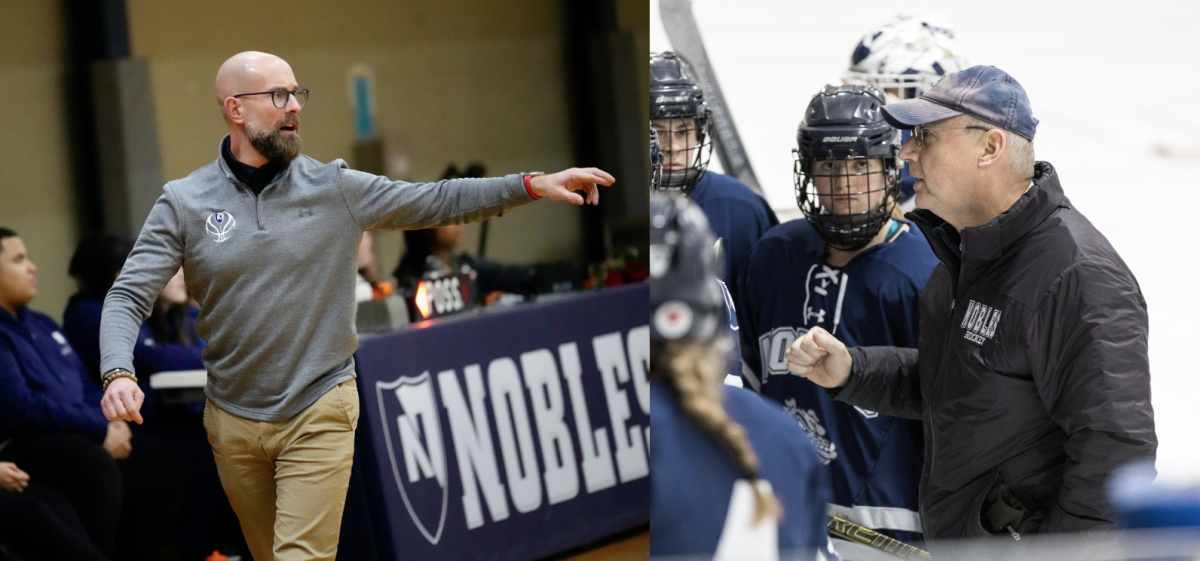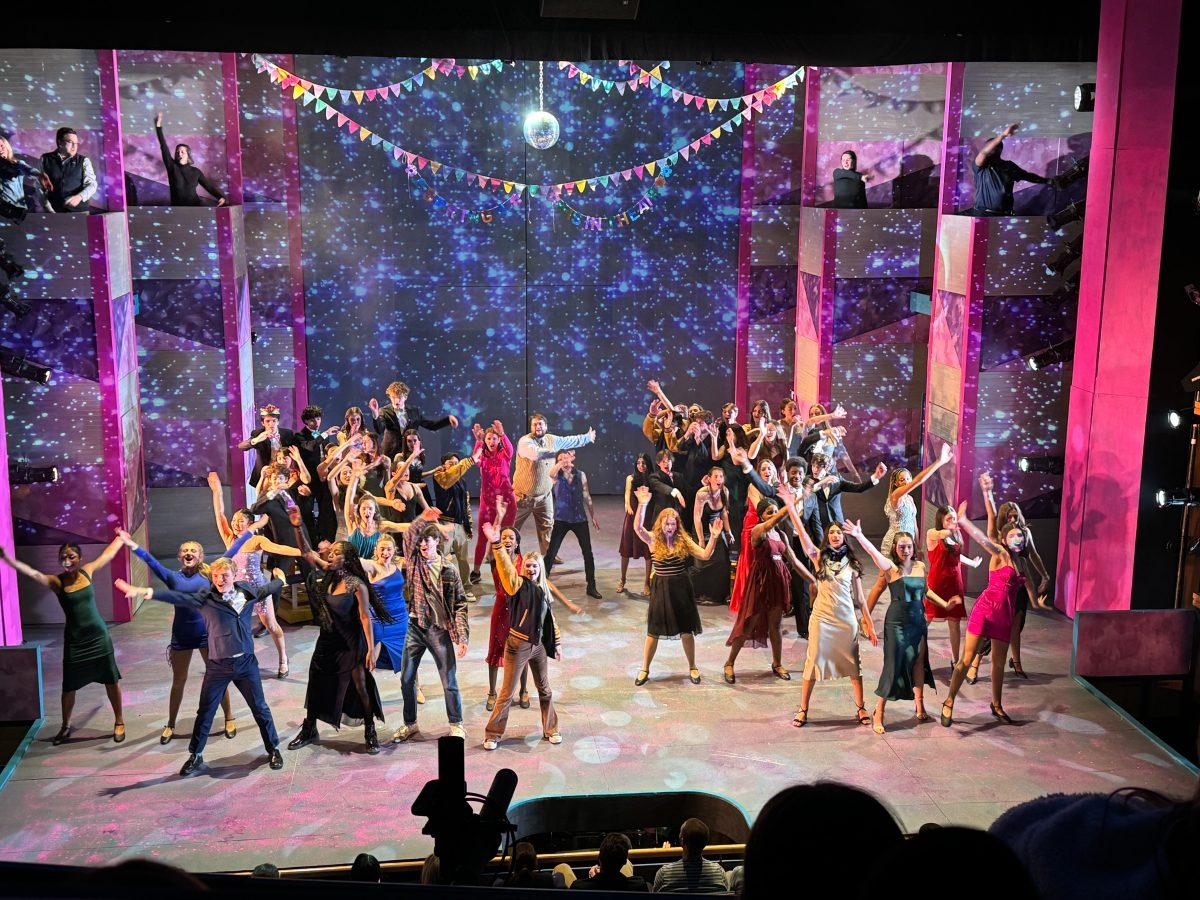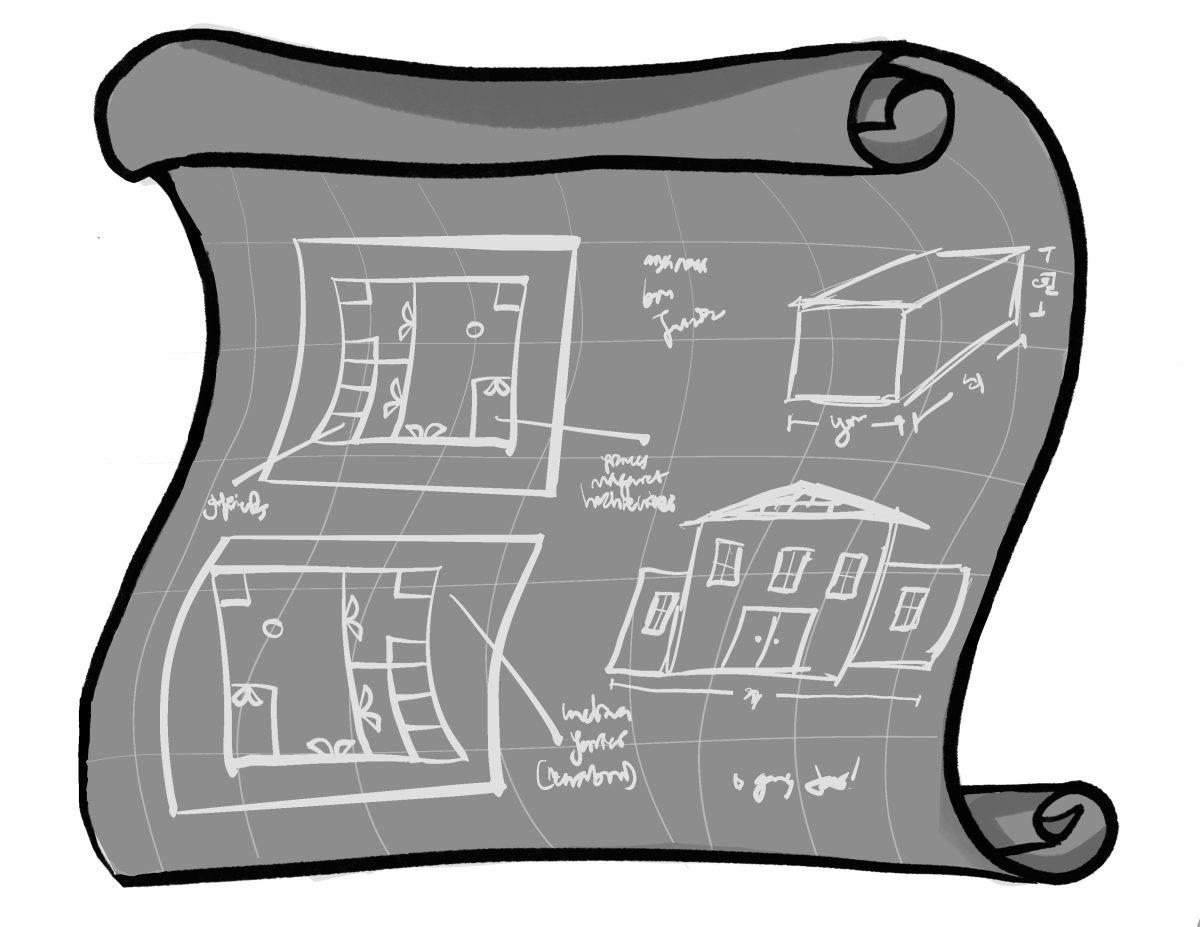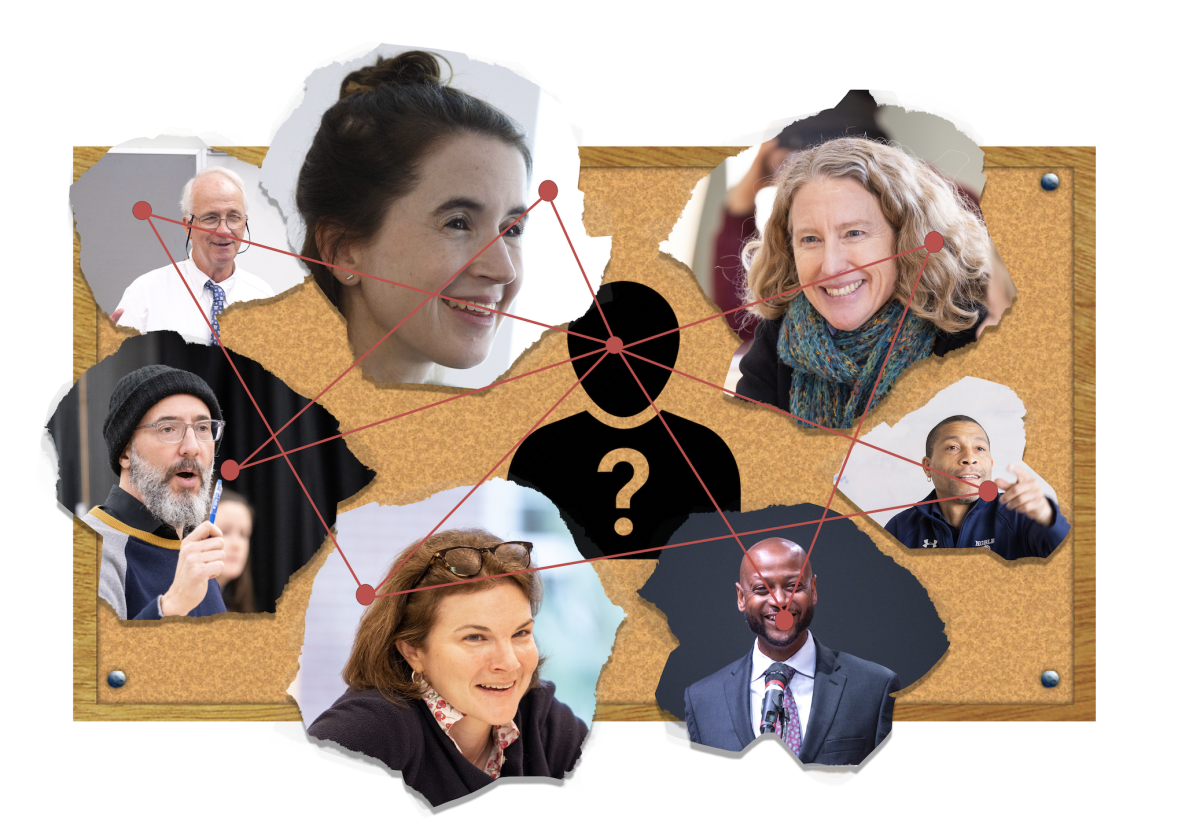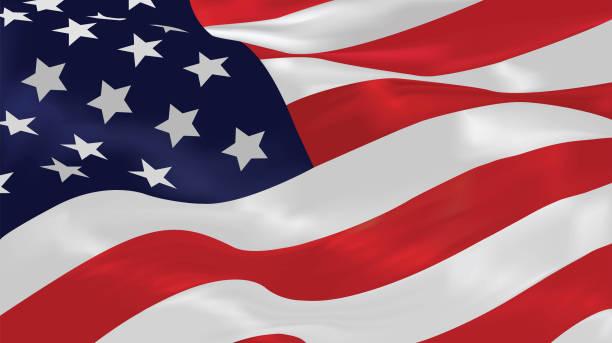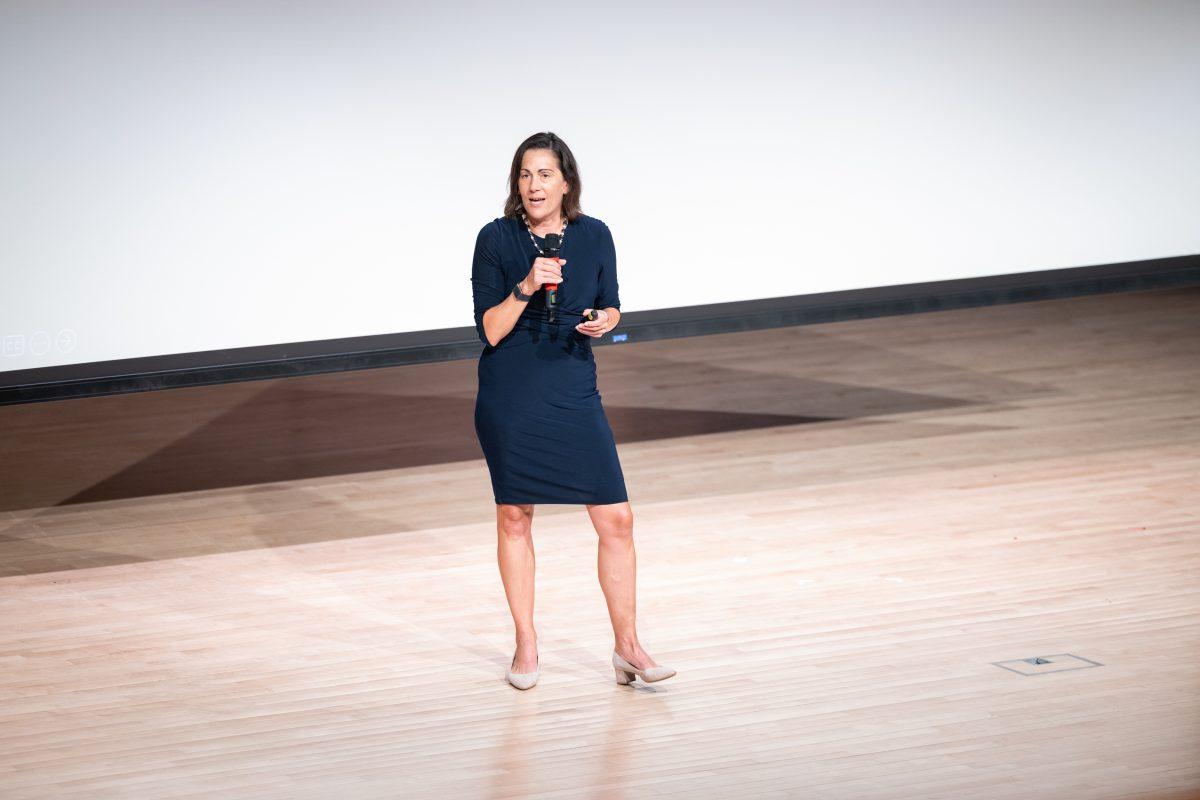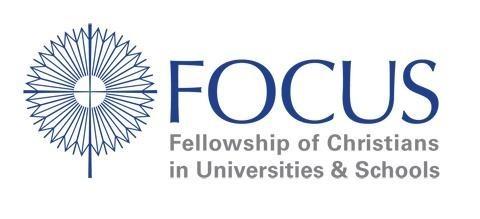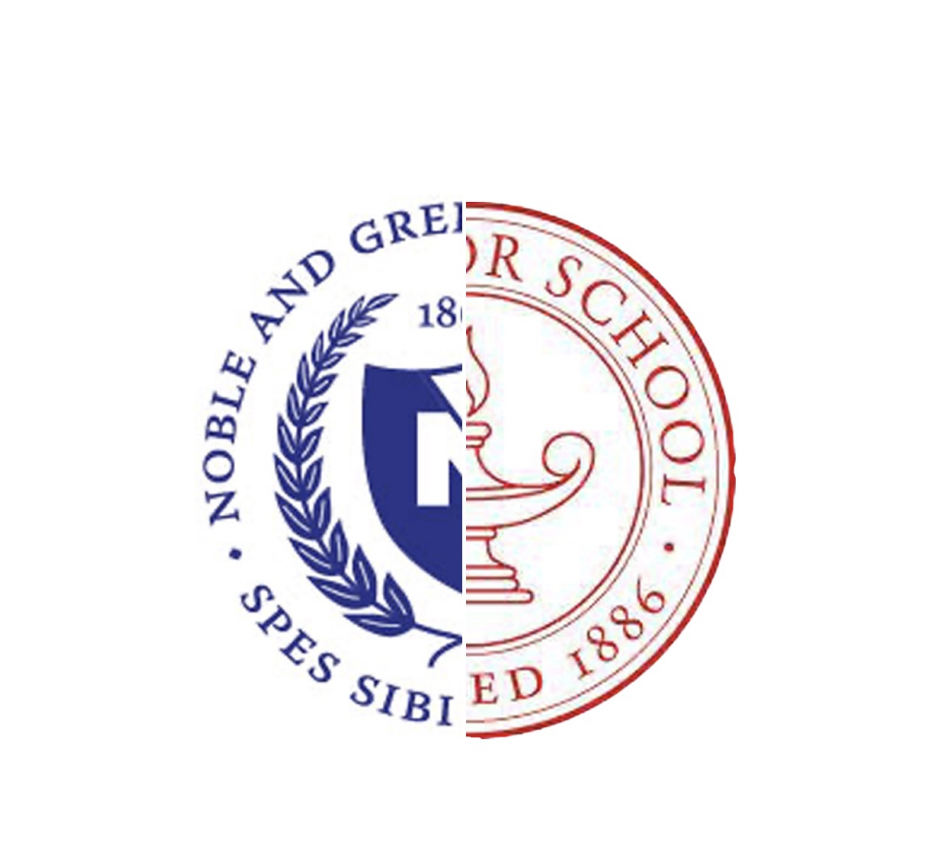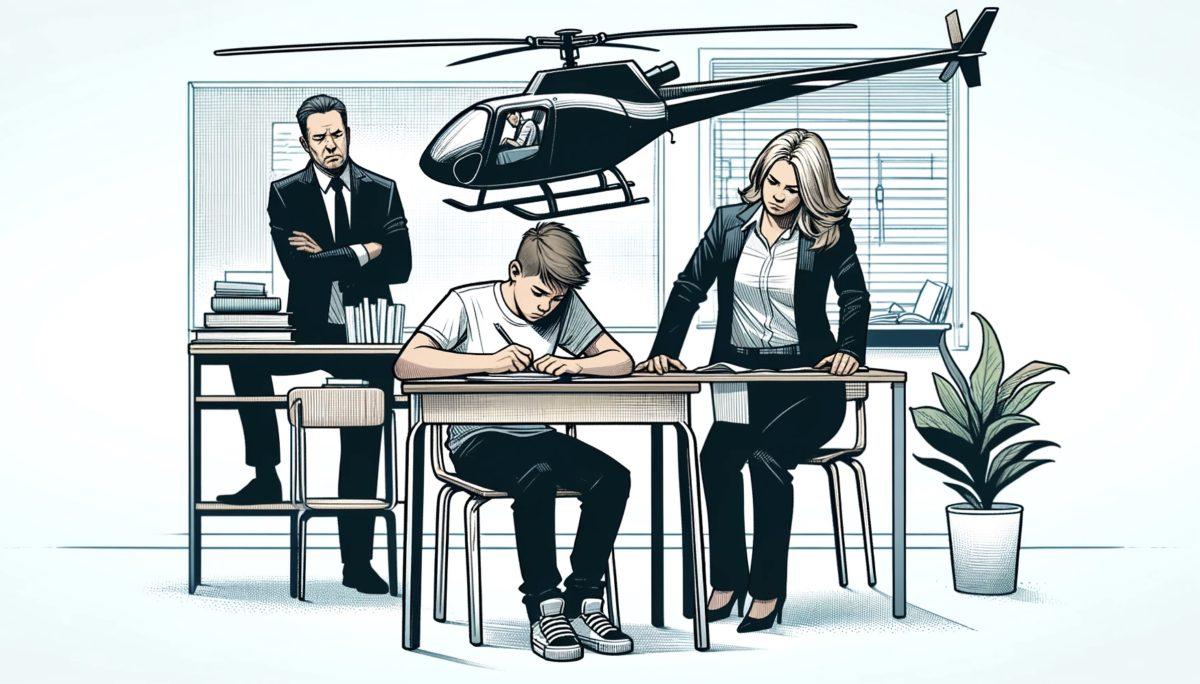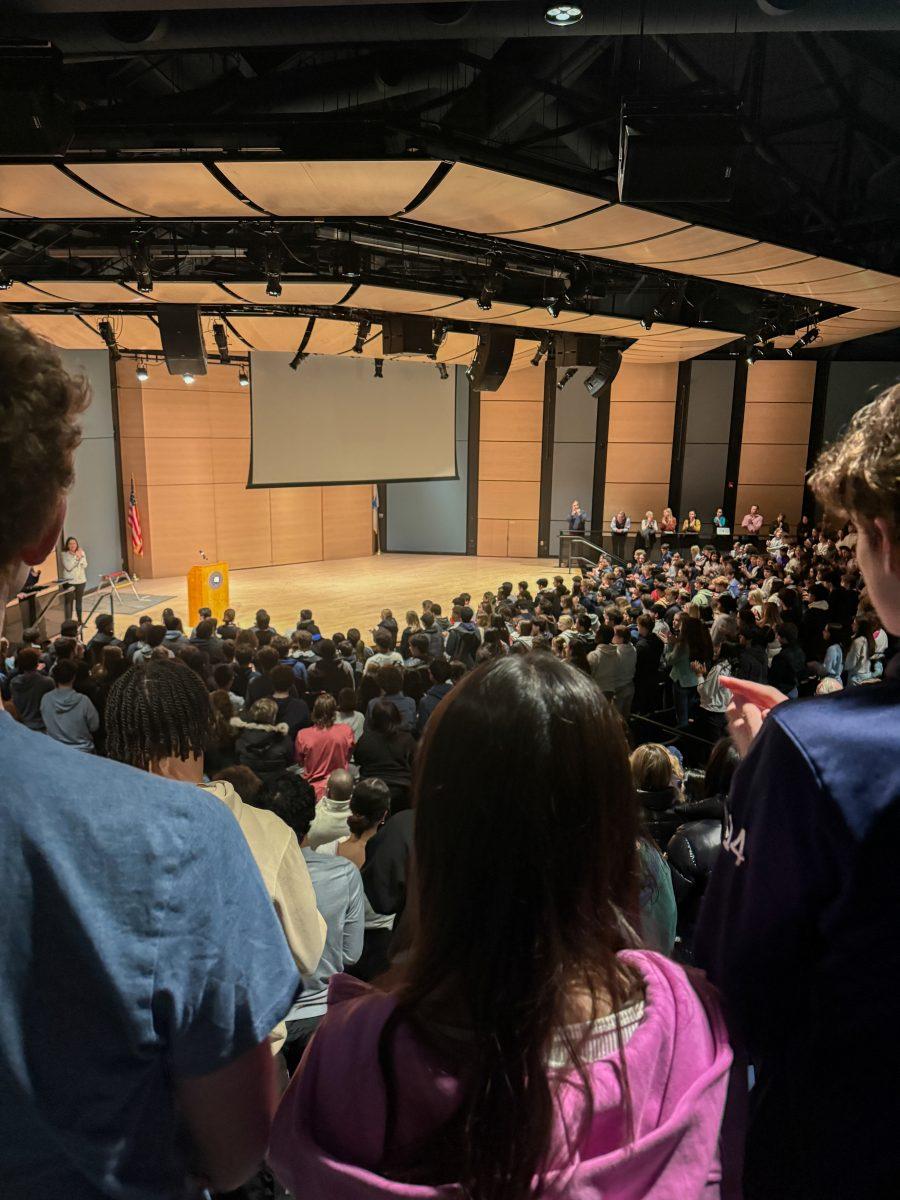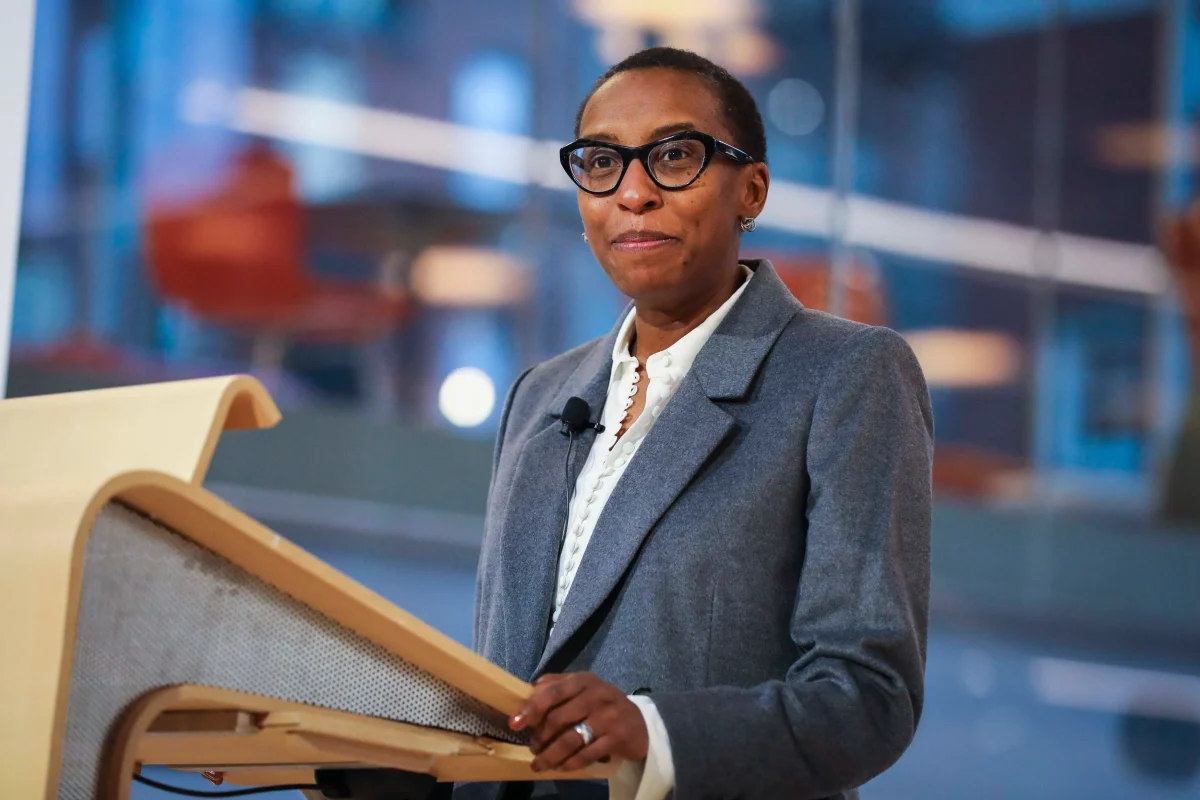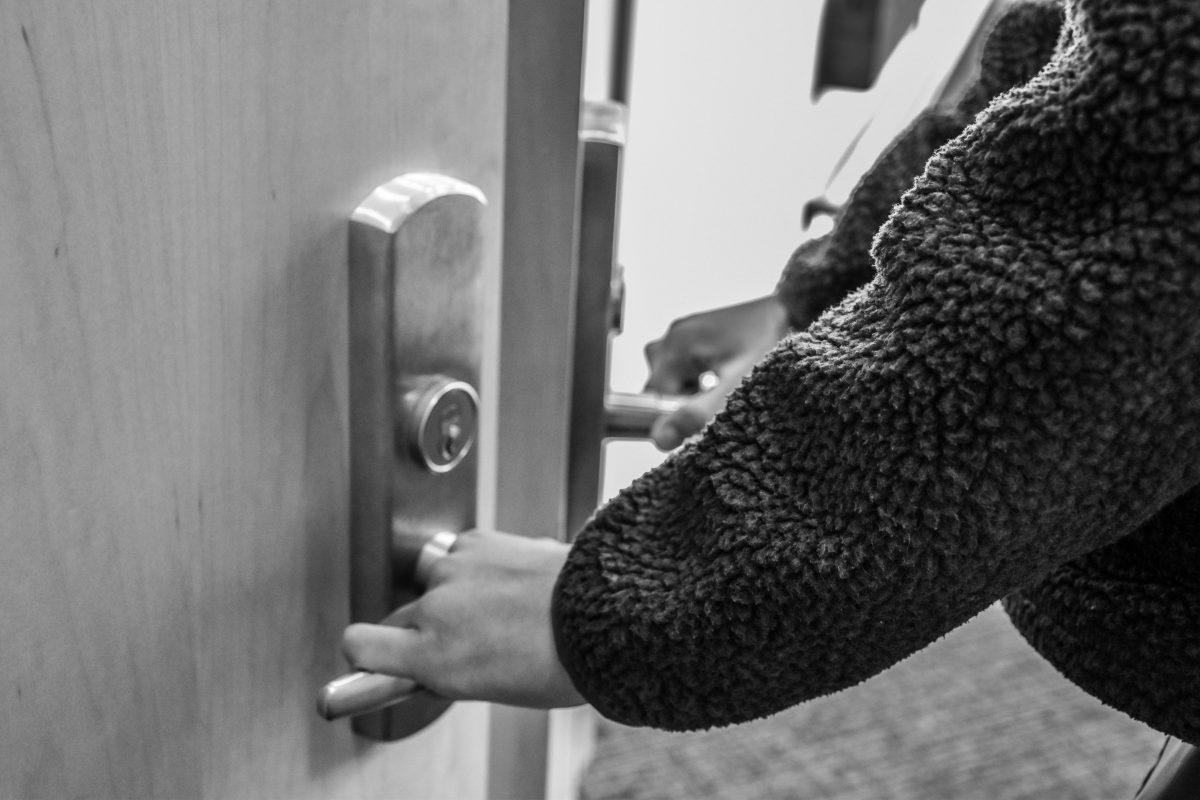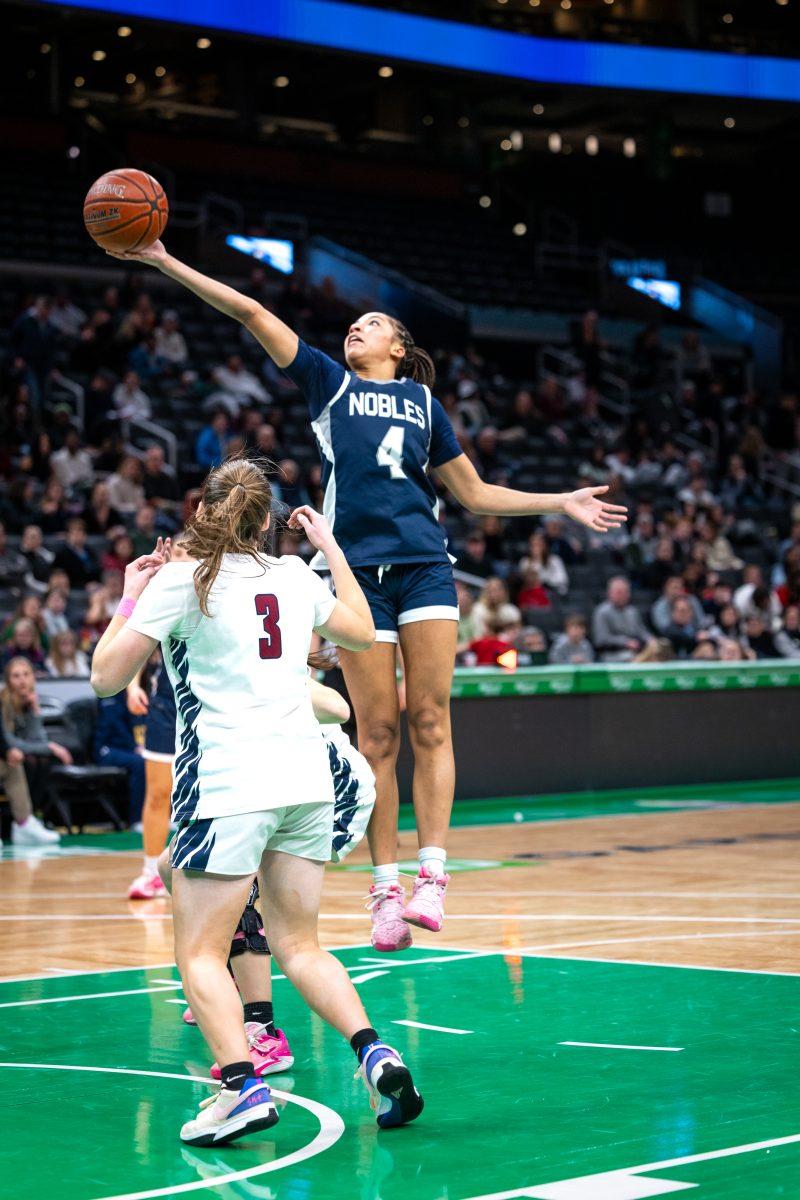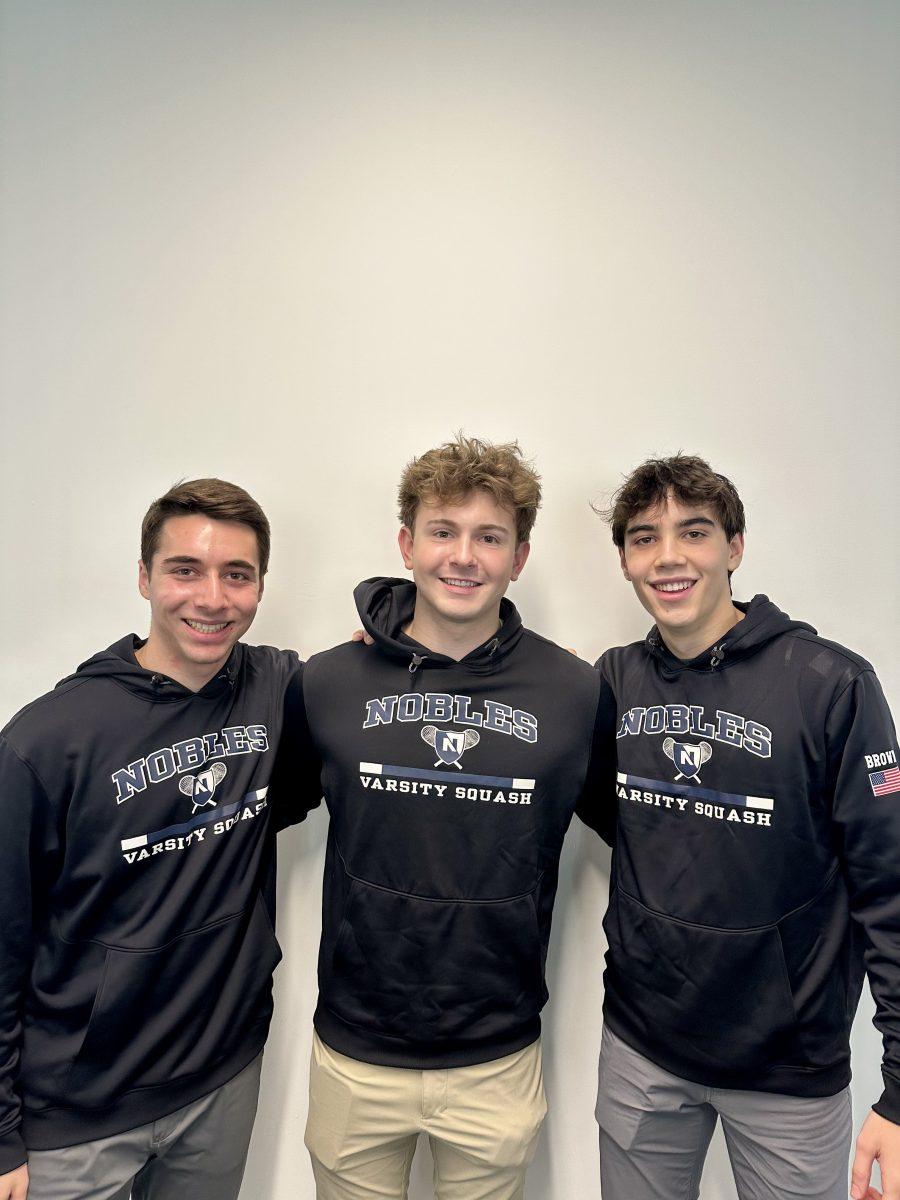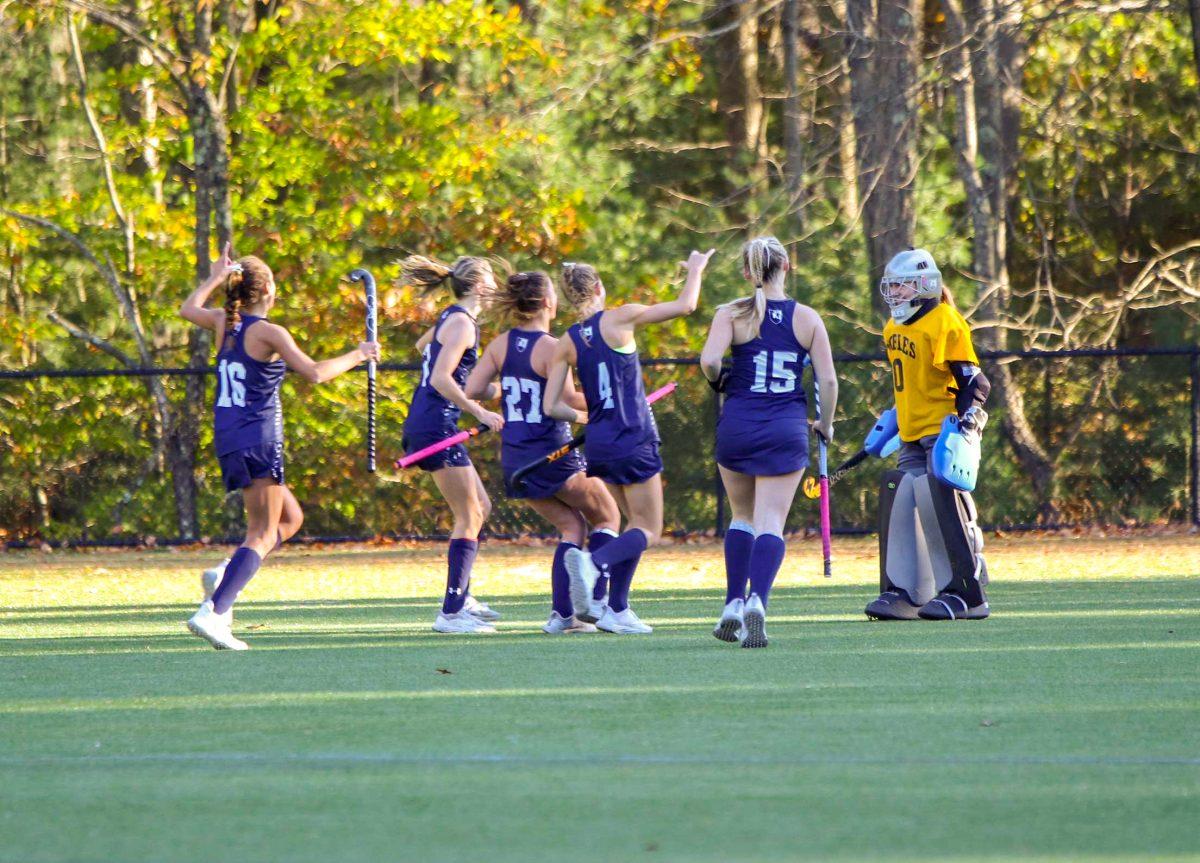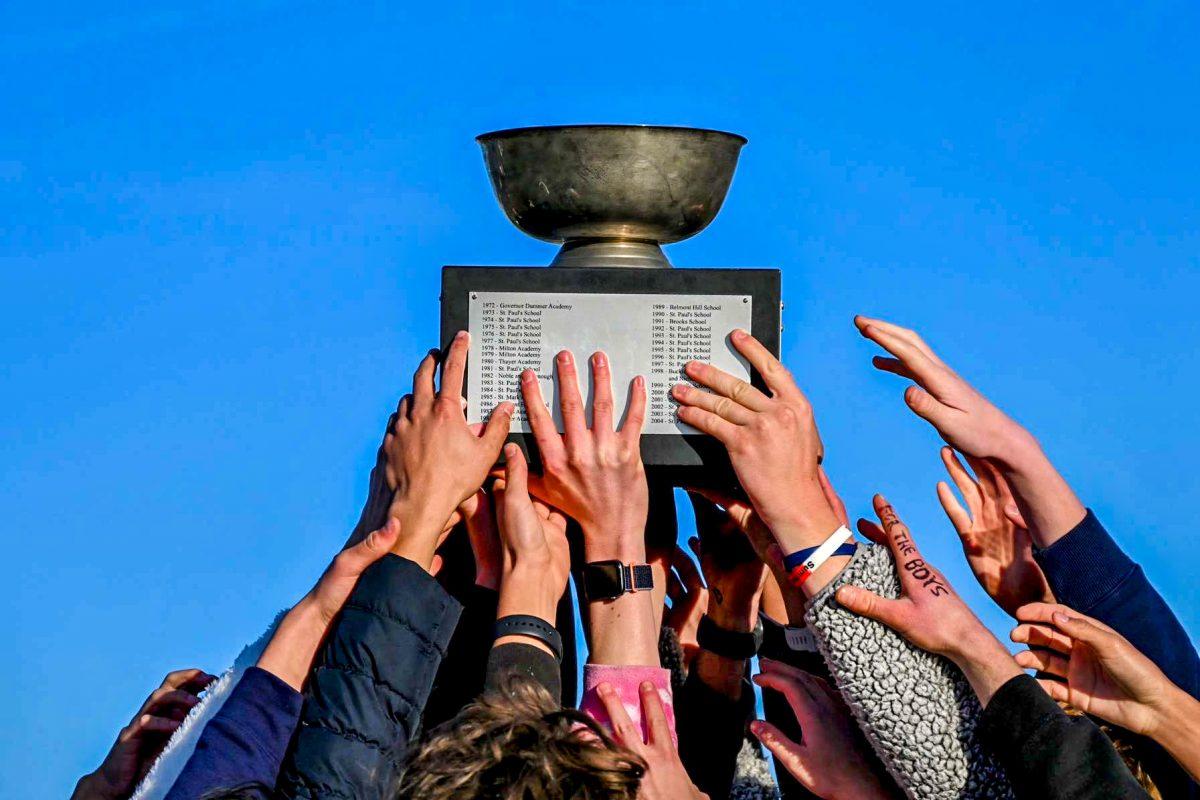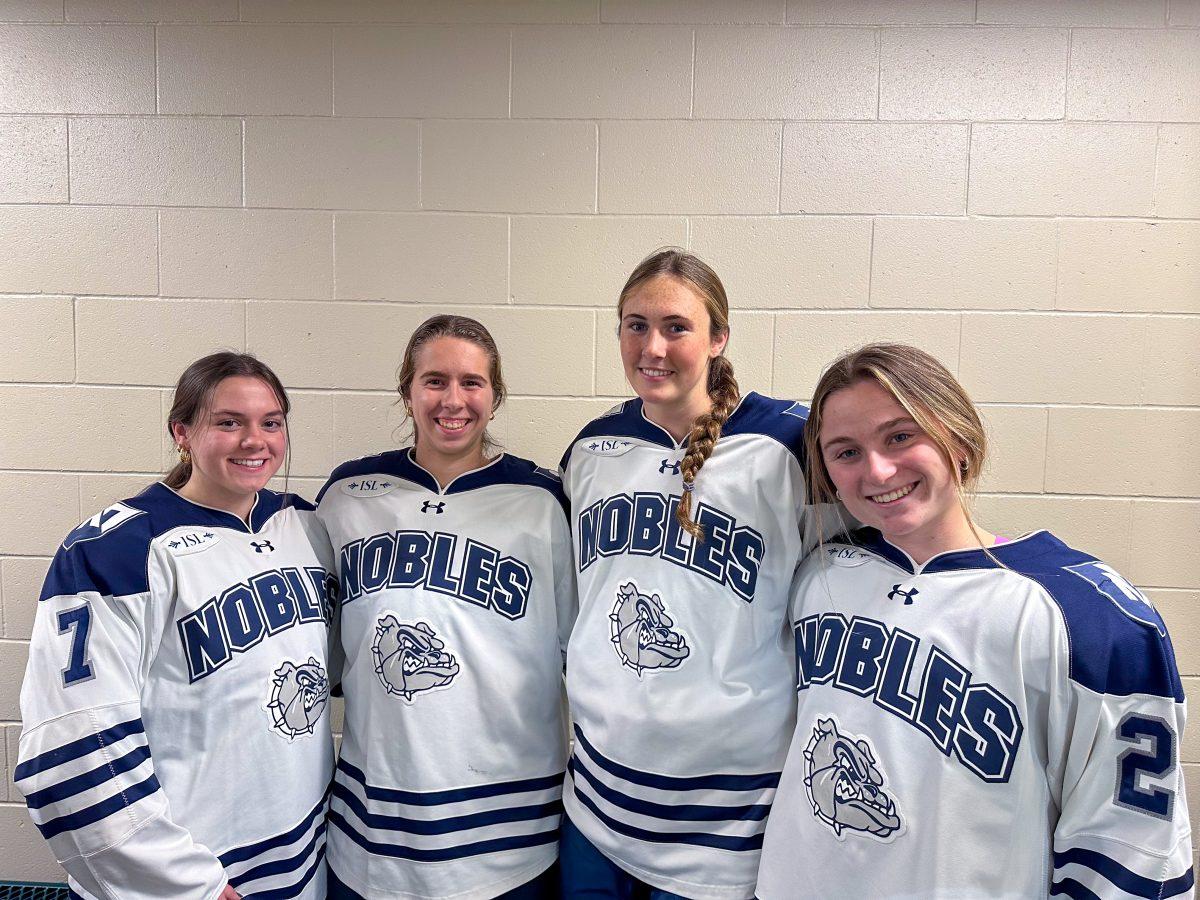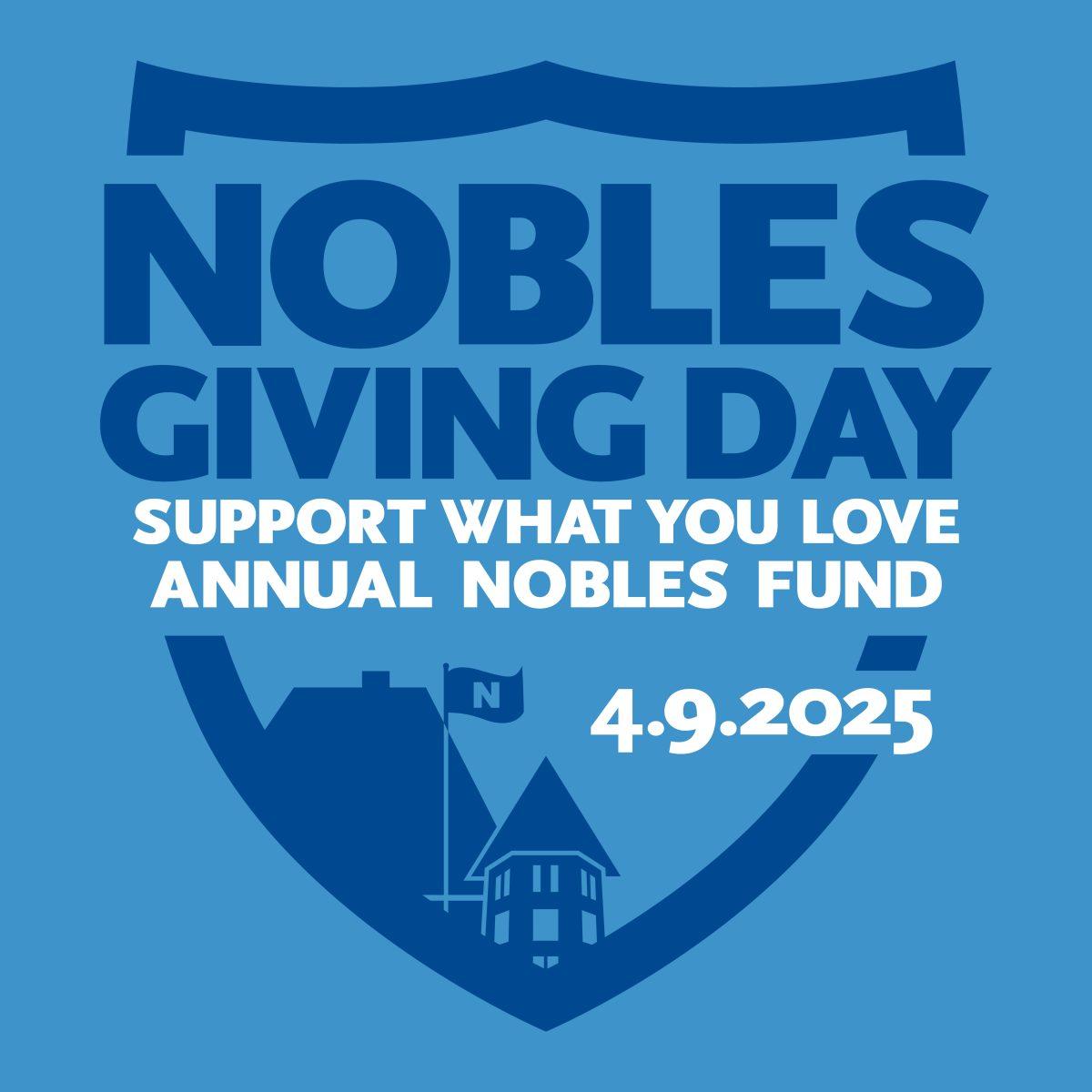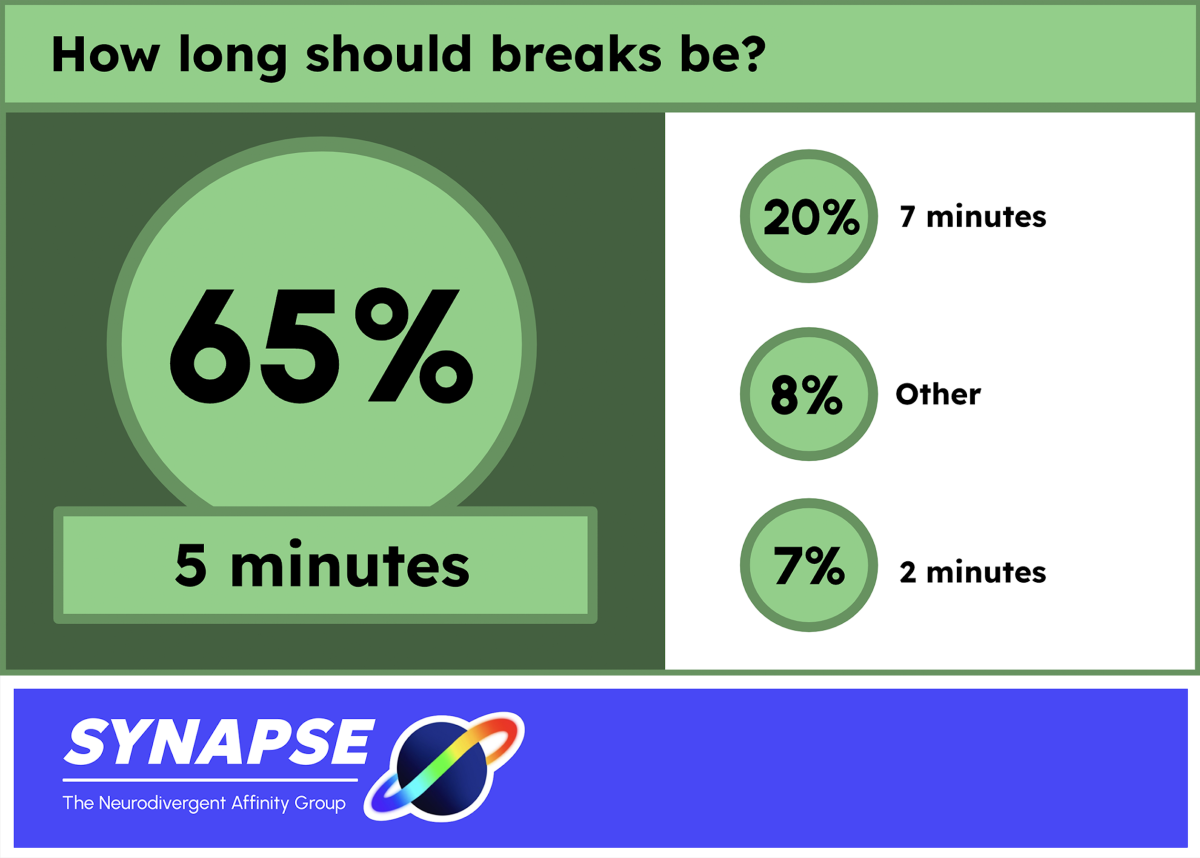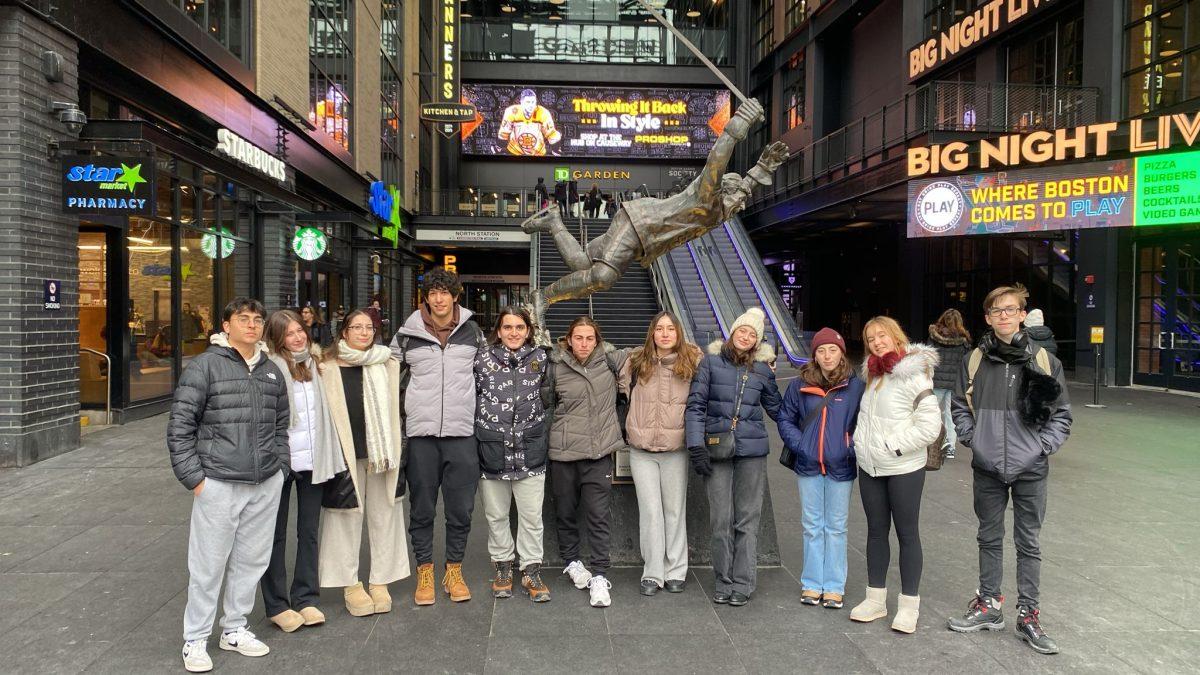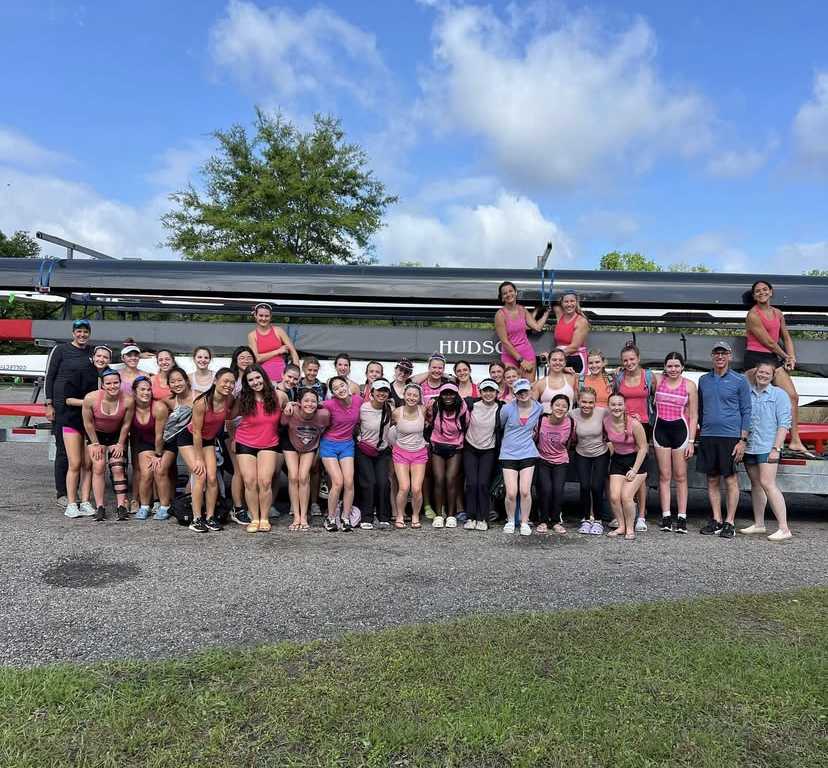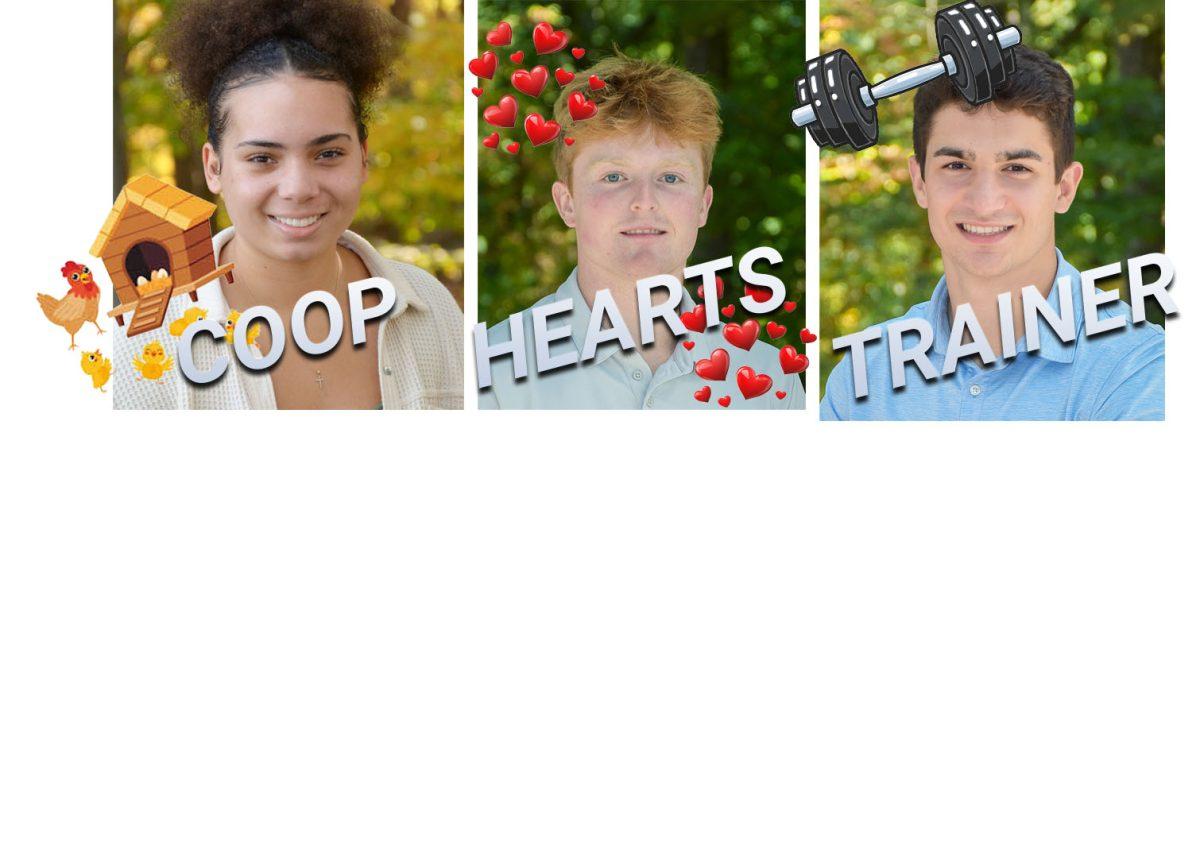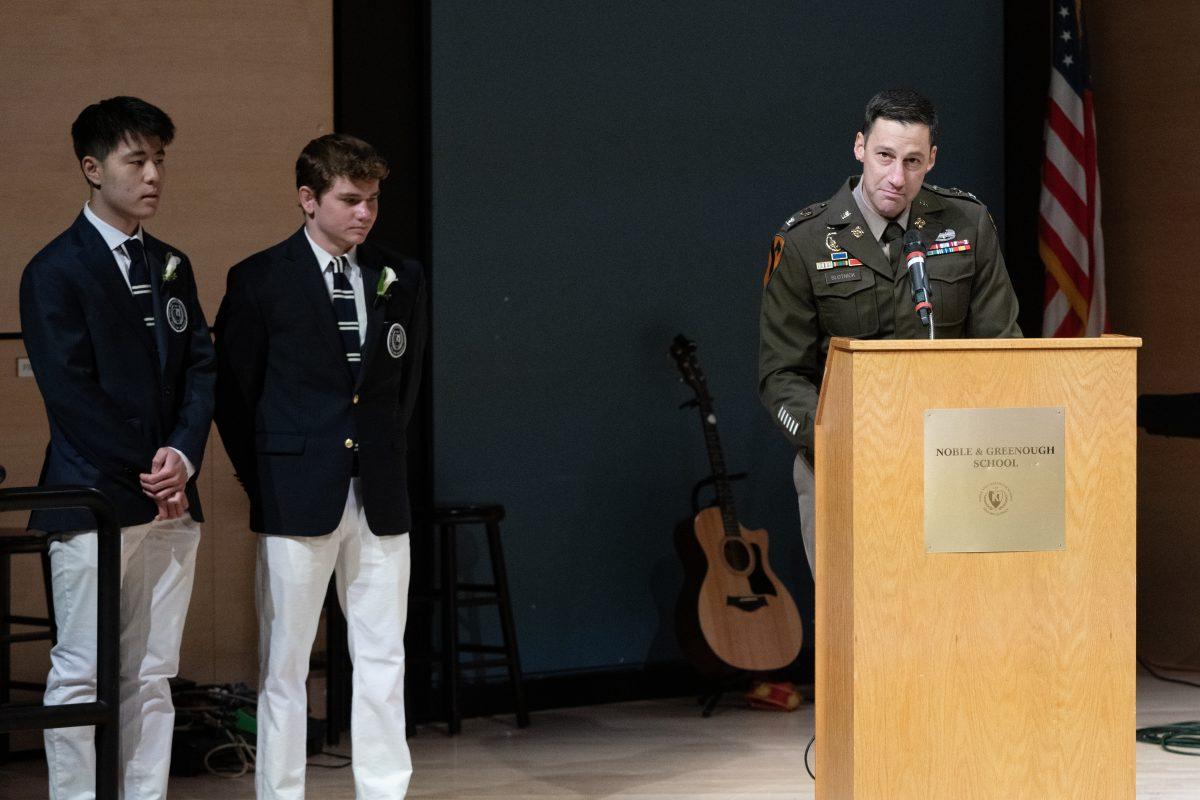Every year, the Annual Nobles Fund (ANF) raises upwards of five million dollars, making it one of the most successful independent school funds in the country. This fund supports roughly 10% of the school’s operating budget, contributing directly to faculty salaries, financial aid, arts, athletics, and more. Without it, the Nobles’ experience would be fundamentally different. A small, yet symbolically significant piece of this fund is the Class I Gift—a tradition that invites seniors to give back to Nobles. The monetary contribution of the Class I Gift is relatively insignificant (only a few thousand dollars annually), yet the ANF team at Nobles dedicates itself each year to achieving 100% participation from the senior class. Why ask students, many of whom don’t have jobs or incomes, to donate?
For many students, the Class I Gift is their first introduction to philanthropy. “Philanthropy through education is probably new to most of these kids[…] but it is something that will follow them through college, and then obviously, people will continue to have philanthropic priorities throughout their lives. So, just introducing them to the subject in the first place [is important],” Annual Giving Coordinator Sara DiCenso said. Expressing a similar idea, Chief Financial and Operating Officer Steve Ginsberg said, “Even though right now, seniors in high school don’t have full-time jobs, so they might only give $1, $5, or $10—if in 20 years, they[…]have the capacity to give back, it’s important that they already have an understanding of the need of this fund to support the operations of the school.” The Class I Gift, then, is less about the immediate impact of the donations, but more about educating students on the important role that philanthropy plays in sustaining the school.
The Class I Gift also helps form early habits of giving. “There’s a psychology behind giving, where if you give one year, you’re more likely to give the next year,” Ginsberg said. The recent introduction of the Dawg Pack, a “subscription-style” donation program conducted by the ANF team, also reflects this idea. “The Class of ’23 was the first one we introduced the Dawg Pack to, and the idea behind it is kind of that ‘set it and forget it’ mentality or subscription model. I think we all have great intentions, but if you’re in college or just busy with life in general, recurring gifts make participating every year easier,” Director of Annual Fund Diane Marangoly said.
“There’s a psychology behind giving, where if you give one year, you’re more likely to give the next year.”
The Class I Gift also taps into the gratitude that seniors feel as they approach the end of their time at Nobles. “There’s a culture of philanthropy here, and that’s why we also introduce giving to the senior class.[…] I feel like Class I, especially, as they think about the end of their experience here, has something to tie their donation to. From the number of graduates we encounter who are grateful for their experience, it’s clear that this attitude of gratitude[…] is definitely part of the reason why our annual fund is so strong,” Marangoly said.
By giving back at this moment, seniors begin a tradition of expressing their gratitude through philanthropy—one that often continues well beyond graduation. When questioned about the factors that make the Annual Nobles Fund so successful, Ginsberg said, “I hope that it’s because the grads feel a real connection to this place, more than other places.[…] I think that people feel connected to this place when they’re here, but then when they leave, Nobles, in a way, is differentiated from other schools, and therefore they give back.”
The Class I Gift is undoubtedly a cornerstone of Nobles’ philanthropic culture, yet participation in recent years appears to have dwindled slightly. Currently, 55% of the Class of 2025 has contributed, with some time still remaining for that number to grow. The Class of 2024 ultimately reached 60%, while the Class of 2023 saw a notable 85% participation rate—the same year the Dawg Pack, Nobles’ recurring gift program, was introduced. The last class to achieve full participation was the Class of 2018.
This dip in participation, however, does not appear to be due to a lack of appreciation for the school. Many in the Class of 2025 express deep gratitude for their time at Nobles: “I think that our class is pretty grateful for Nobles, and definitely recognizes how incredible it is.[…] I feel pretty confident we’re gonna be in the high percentages of students who are giving gifts,” Oliver Burstein (Class I) said.
“I think that our class is pretty grateful for Nobles, and definitely recognizes how incredible it is[…] I
feel pretty confident we’re gonna be in the
high percentages of students
who are giving gifts.”
In the future, this emotion could perhaps be more effectively harnessed if reflected more intentionally in how the Class I Gift is presented. “Instead of throwing a bunch of statistics at us during presentations, I feel like it would be more impactful to make [the Class I Gift initiative] more reflective. Having us reflect on how Nobles has shaped us and impacted us during our time here would make people feel more inclined to want to donate to it. Mr. Gallagher spoke to us because he’s a Nobles graduate, and he talked about his experience and why he donates; I feel like doing more stuff like that [would increase participation],” Abdirizak Abdulle (Class I) said.
Furthermore, it might also be beneficial to start the conversation surrounding philanthropy earlier, thus giving seniors more time to connect their experiences with the impact of giving. “I think the big thing I would suggest would be starting it earlier, with discussing the idea of a Class I Gift. I think that when they do it very much in the last couple of months, it’s great in some ways, especially because we’re feeling more nostalgic. But I do think that if they were to start [informing us about the Class I Gift] early senior year, or even junior spring, it would give more time for people to recognize the place that Nobles is, rather than being blindsided and having to meet this request for donations,” Burstein said.
Looking to the future of the Class I Gift initiative, it is clear that students’ gratitude is genuine. However, a more personal, reflective, and timely approach could further boost participation and help sustain Nobles’ vital Annual Fund for years to come.


